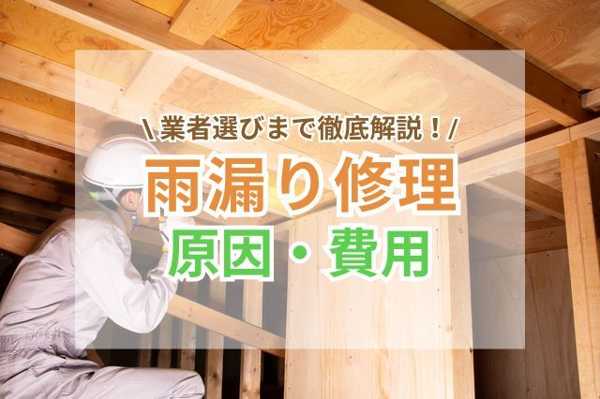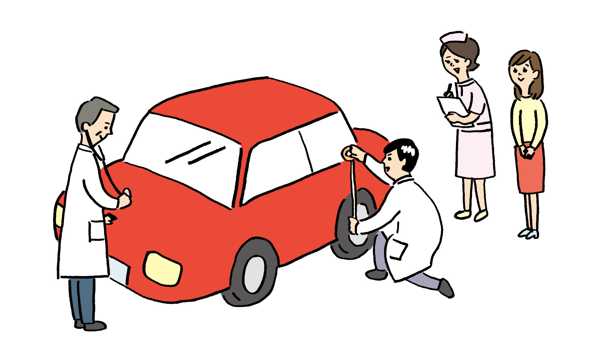Transform Your Skin with Expert Laser Treatment for the Face
Finding the Right Osteoporosis Specialist: A Quick Guide
If you're diagnosed with osteoporosis or at risk, finding the right specialist is crucial for effective management. Osteoporosis weakens bones, increasing fracture risks, often without symptoms until a fracture occurs.
If you're diagnosed with osteoporosis or at risk, finding the right specialist is crucial for effective management. Osteoporosis weakens bones, increasing fracture risks, often without symptoms until a fracture occurs.

Key Osteoporosis Specialists:
- Rheumatologists: Experts in bone and joint diseases.
- Endocrinologists: Specialize in hormone-related bone conditions.
- Orthopedic Surgeons: Treat fractures caused by osteoporosis.
- Geriatricians: Focus on bone health in older adults.
Tips for Choosing a Specialist:
- Experience: Look for specialists with expertise in osteoporosis.
- Location & Availability: Ensure the specialist is accessible and nearby.
- Insurance: Check if the specialist is covered by your insurance plan.
- Treatment Approach: Ensure their treatment methods align with your goals.
Where to Find Specialists:
- Primary Care Doctor: They can provide referrals.
- Local Hospitals: Many have osteoporosis centers.
- Online Directories: Websites like the National Osteoporosis Foundation (NOF) offer specialist lists.
Key Questions to Ask:
- What treatments do you recommend?
- How do you integrate diet and exercise into treatment?
- How often will I need follow-ups?
Treatment Options:
- Medications: To increase bone density.
- Diet: Calcium and vitamin D-rich foods.
- Exercise: Weight-bearing exercises to strengthen bones.
- Lifestyle: Avoid smoking and excessive alcohol.
Finding the right specialist ensures personalized care and effective management of osteoporosis.
Do you like this article?











